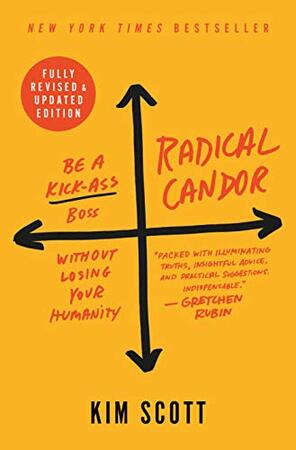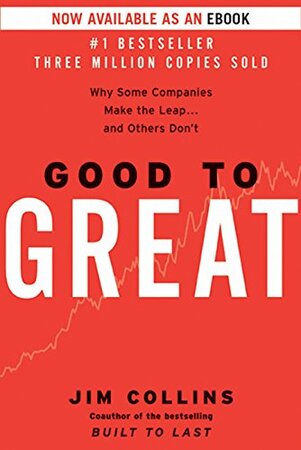
The freelancer’s bible
“The Freelancer’s Bible: Everything You Need to Know to Have the Career of Your Dreams” is a comprehensive guide that equips aspiring freelancers with the knowledge and tools necessary to thrive in the freelance industry. In this transformative book, author Sarah Horowitz shares her extensive experience as a successful freelancer, providing invaluable insights and practical advice.
Embracing the Freelance Lifestyle
Part one explores the freelancing lifestyle, highlighting the benefits, challenges, and essential mindset required for success. Horowitz delves into the unique advantages of freelancing, such as flexible schedules, autonomy, and the potential for unlimited income. She also addresses the potential downsides, such as managing uncertainty and finding a balance between work and personal life. Through personal anecdotes and expert advice, she empowers readers to embrace the freelance lifestyle and develop the resilience and discipline needed to thrive.
Setting Up Your Freelance Business
In this section, Horowitz guides readers through the process of setting up a freelance business. She covers crucial topics, including legal considerations, financial management, branding, and marketing strategies. Horowitz emphasizes the importance of establishing a solid foundation for a successful freelance career.
Readers will learn how to navigate legal requirements, such as registering their business, understanding tax obligations, and drafting contracts. Horowitz provides insights into financial management, including budgeting, invoicing, and pricing services competitively. She also explores the significance of branding and crafting a compelling portfolio to attract clients. With actionable tips and resources, Horowitz equips freelancers with the tools to establish a professional and profitable freelance business.
Finding Clients and Building Relationships
The third part of the book focuses on finding clients and cultivating strong relationships. Horowitz understands that building a client base is critical for freelancers, and she shares her proven strategies for networking, prospecting, and securing projects.
Horowitz provides guidance on crafting an effective marketing plan, leveraging online platforms, and optimizing social media presence. She emphasizes the importance of cultivating relationships with clients, maintaining professional communication, and delivering exceptional work. Horowitz also explores the significance of testimonials and referrals in expanding a freelancer’s network. By implementing the techniques outlined in this section, readers will gain the skills necessary to attract clients, build long-lasting relationships, and foster a thriving freelance career.
Navigating Challenges and Managing Finances
In this section, Horowitz addresses the challenges and financial aspects specific to freelancers. She delves into common obstacles, such as dealing with difficult clients, managing time effectively, and maintaining a healthy work-life balance.
Horowitz provides practical strategies for overcoming client challenges, setting boundaries, and handling conflicts professionally. She also explores effective time management techniques, including setting priorities, creating schedules, and managing multiple projects. Additionally, Horowitz delves into the financial aspects of freelancing, covering topics such as budgeting, invoicing, and saving for taxes. By mastering the skills and techniques discussed in this section, freelancers will gain the confidence and ability to navigate challenges and achieve financial stability.
Growth, Expansion, and Sustaining Success
The final part of the book focuses on long-term growth, expansion, and sustaining success as a freelancer. Horowitz encourages readers to continuously develop their skills, seek new opportunities, and expand their service offerings.
She explores strategies for diversifying income streams, scaling a freelance business, and adapting to industry changes. Horowitz also emphasizes the importance of ongoing learning, professional development, and cultivating a growth mindset. With her guidance, freelancers will gain the knowledge and confidence to take their careers to new heights.
Conclusion
“The Freelancer’s Bible: Everything You Need to Know to Have the Career of Your Dreams” by Sarah Horowitz is a comprehensive and empowering guide for aspiring freelancers. Divided into five parts, the book covers various aspects of the freelance lifestyle, from embracing the mindset to setting up a business, finding clients, managing challenges, and sustaining long-term success. Through practical advice, real-life examples, and actionable strategies, Horowitz equips freelancers with the knowledge and tools to navigate the intricacies of the freelance industry and build a thriving and fulfilling career. Whether you’re considering freelancing or looking to enhance your existing freelance business, this book serves as an indispensable resource that will empower you to achieve your dreams as a freelancer.












